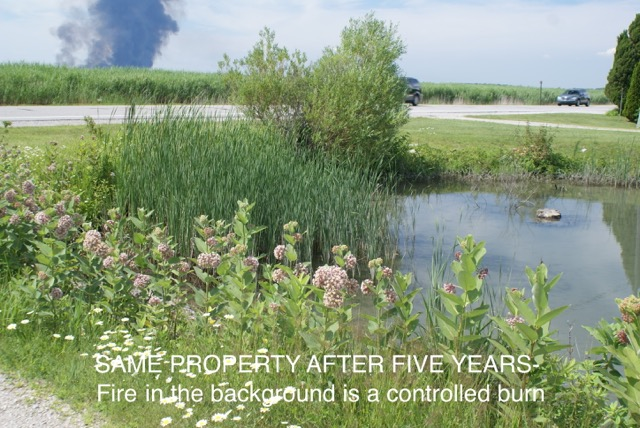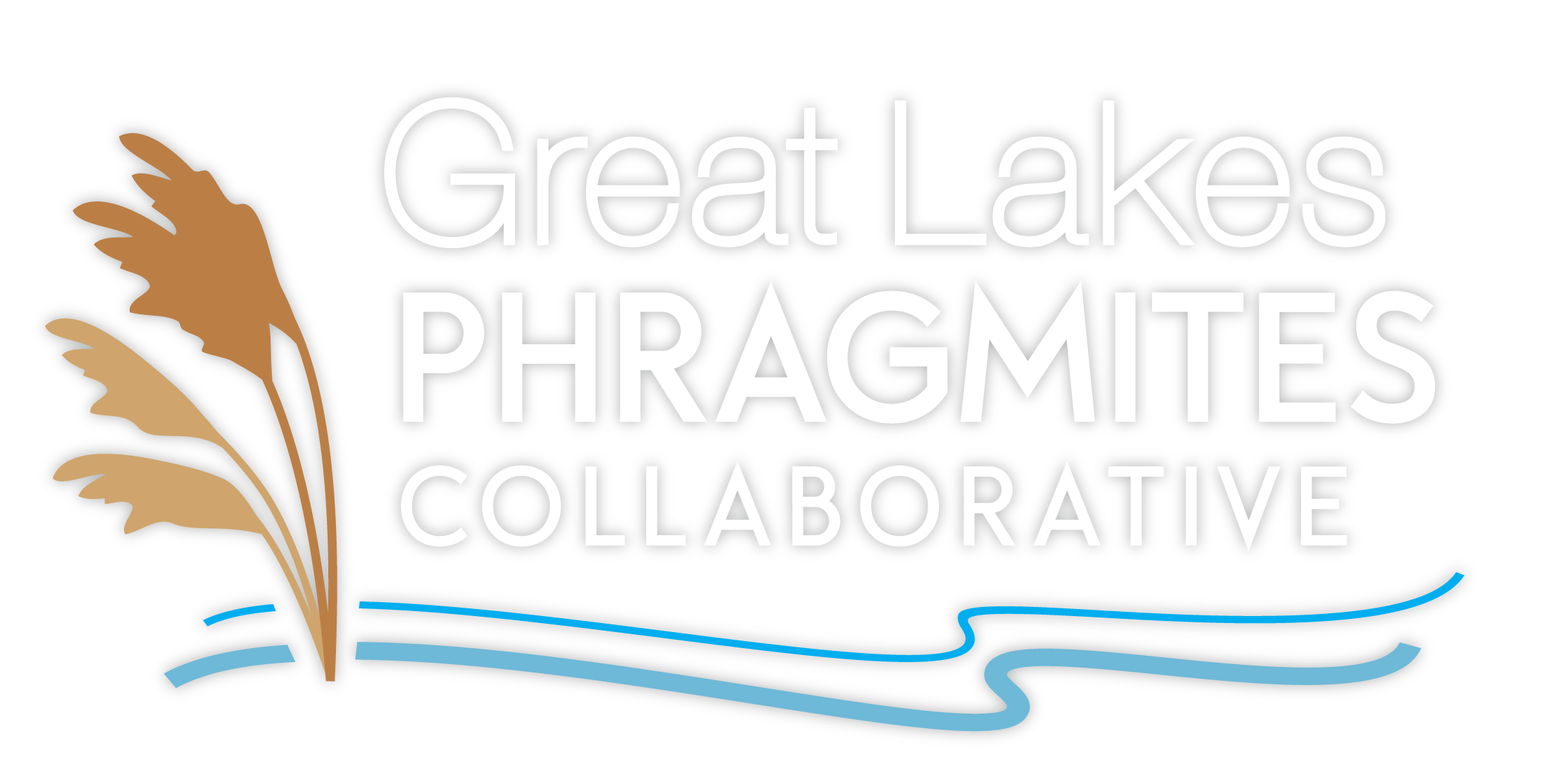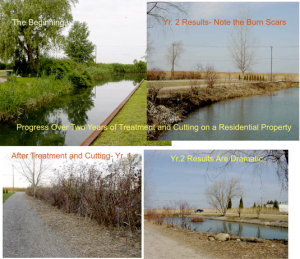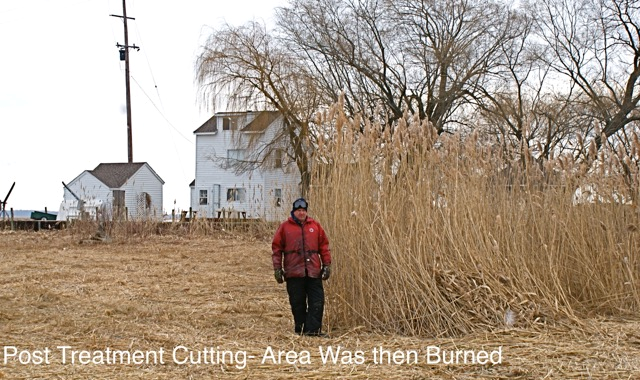May 4 2015
Chuck Miller, Clay Township Phragmites Advisory Board
Establishing a sustainable Phragmites management program depends on commitment from stakeholders. This commitment can be supported by helping stakeholders see the benefit of concerted action in their own communities and with light touches of local government (especially where funding and oversight is concerned). Managing Phragmites is a long-term problem, and overly optimistic expectations can be counter-productive.
The Clay Township Phragmites Advisory Board has been successful by starting small, expanding and staying at it. We tell our participants to plan on being in the program for three to five years, and then plan on routine maintenance, which includes monitoring each year and treating any new plants or resprouts that are found.
Treating Phragmites in our area requires special equipment, chemicals, and permits, and many folks are hesitant to get involved in the process. These stumbling blocks to establishing successful regional management were removed by utilizing an Advisory Board. The Advisory Board obtains an annual permit in the name of the Township that covers all registered participants. Citizens desiring to be involved are required to make an annual application to the Board and attend a training workshop that covers chemical safety, Phragmites growth habits, equipment usage, and regulatory requirements. The applicant then receives a personalized packet outlining their compliance duties within the program as required by the permit conditions. Individuals participating in this program are also able to purchase state-approved herbicide from the Township at a discounted price. Stakeholders are not afraid to embrace the program because it is entirely voluntary and gives them control of their properties and the outcomes there.

The same property after five years of management. (Background fire is a controlled burn). Photo credit: phragmites.org
The Advisory Board requests a non-mandatory $25 donation with each application to assist in covering administrative costs. We have no fees or special taxes associated with this program. The donation helps defray costs of compiling the permit materials (office supplies, map making), administration and reporting, training workshops, post treatment monitoring/change analysis, maintenance of shared equipment that all participants can borrow, and limited chemical purchases for use in unmanaged ROW’s and state lands, and on properties where the owners are unable to conduct treatment due to financial or physical limitations. In addition, landowners can request help from a network of volunteers if their project is bigger than one person can handle. They are then asked to volunteer an equal amount of time to assist other landowners in need, so the volunteer pool stays fresh and large enough to support the whole community.
By signing the permit application and donating $25, our stakeholders have made a commitment. They are engaged, and they now have skin in the game. With education through our training workshops and a little help from volunteers, they can begin the long-term effort and sustain it themselves.


